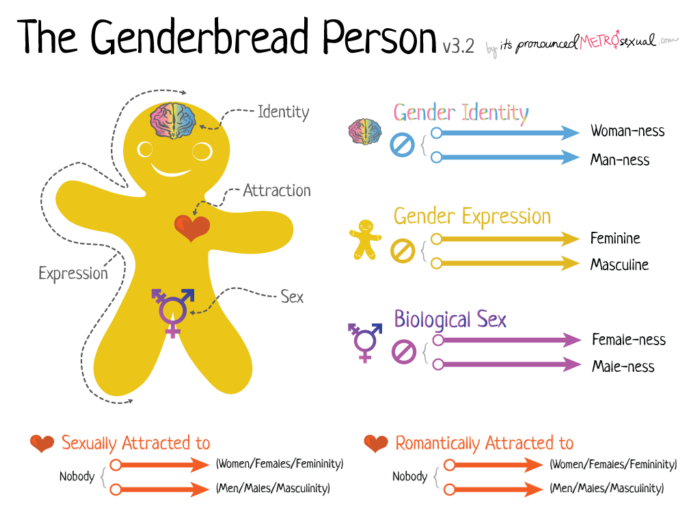Fertility may be the last thing on your mind when you’re experiencing the distress of having a body that doesn’t express your identity. Understandably, some trans and non-binary people are keen to start hormone therapy or have surgery as quickly as possible. However, you may find it a source of regret if you have treatment without preserving your fertility and then realise later on that it is not possible or more difficult to have a biological family. Thinking through all these issues now and understanding your options will help you make an informed decision.
Go to the Human Fertilisation & Embryology Authority webiste for ore information and help.

